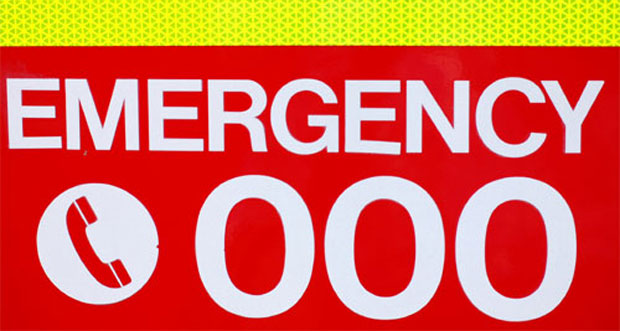Is It Time to Dip Into Your Emergency Fund?
One of the most important things you can do for your financial security is to build an emergency fund. Unfortunately, many Americans aren’t prepared with a fund that they can tap in the event of a financial emergency.
The Americans that do have an emergency fund, though, might not know when to tap into it. It’s easy to feel as though any setback is an emergency. Another temptation is the fact that you have a large amount of money sitting there, and it seems like you could do something better with it, like buy a new TV or go on a vacation.

Before you dip into your emergency fund, you need to take a step back and ask yourself whether or not it’s truly necessary. Here are some ideas for using your emergency fund appropriately:
Maintenance and Repairs
One of the best things you can do is make sure that your home and your cars are properly maintained. First of all, it can make more sense to have a separate maintenance fund, designed specifically to take care of routine maintenance and repairs. You know that your car’s oil will need to be changed and that eventually you will need to buy tires. It’s also clear that at some point your roof will need to be replaced, and that there are things you should do each month to keep up your property.
Creating a separate fund for expected maintenance and repairs can be a good way to plan ahead without the need to deplete your emergency fund when you have a maintenance or repair cost that amounts to less than $2,000. Consider using a small emergency fund for these types of costs.
Major Setbacks
Your main emergency fund should be built up to handle major setbacks. These are items like medical emergencies, natural disasters that damage your home, or job loss. You don’t want to be depleting your major emergency fund over time if it means that you will be less able to handle your setbacks.
At the very least, you want to be able to pay the deductible on insurance claims. Another consideration is what other resources are available to you. When my dad had a heart attack and a hospital stay, his portion, even though he had insurance, was still quite large. The hospital offered a no-interest payment plan for six months, so rather than deplete the emergency fund in the name paying it all at once, my parents took advantage of this payment plan. It allowed them to take a smaller amount from their emergency fund, so there was less to do to build it back up later.
What About Paying Off Debt?
Be careful about how you use your emergency fund to pay off debt. If you have a high-interest credit card you want to get rid of, it can make sense. However, you don’t want to deplete your emergency fund to the point where it is ineffective if you run into trouble. In these cases, you could easily then run up debt again. Find the balance between paying down debt and making sure you are covered in an emergency.
What is your approach to using the money in your emergency fund?
Related Posts
The post Is It Time to Dip Into Your Emergency Fund? appeared first on Smart On Money and was written by Miranda Marquit.
Copyright © Smart On Money – please visit smartonmoney.com for more great content.
SOURCE: Smart On Money – Read entire story here.



